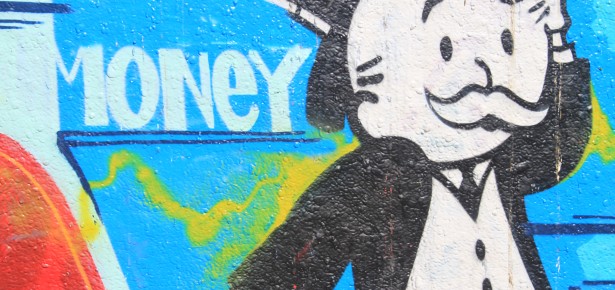
My recent book, Rulers, Religion, and Riches: Why the West Got Rich and the Middle East Did Not, addresses one of the big questions in economics and economic history: why did the modern economy emerge when and where it did? Specifically, why did the modern economy emerge in northwestern Europe at some point in the 17th or 18th century but not in the Middle East? The answer to this question is far from obvious – the Middle East was far ahead of Europe for centuries following the spread of Islam and was at least as advanced as Europe throughout the medieval period. What led to this reversal of fortunes?
I claim that there is nothing uniquely ‘bad’ about the tenets of Islam that make it any more or less conducive to long run economic success than Christianity, except for the fact that – due to the historical circumstances under which the religions were born – it is better at legitimizing political rule. This contributed to the relative economic retardation of the Middle East because it gave religious authorities a stronger seat at the political bargaining table. Although religion is not uniquely bad for economic growth, religious authorities – just like many other interest groups – do not exactly push for policies that unleash economic development.
This logic also entails that giving the economic elite a seat at the bargaining table can be good for long run economic growth. This is not because the economic elite have the general welfare of society in mind, but because the types of things they self-interestedly tend to benefit most from –reasonably secure property rights, certain types of public goods, impartial jurisprudence – also benefit the economy as a whole. The book argues that the position of the European economic elite at the bargaining table improved first with the rise of commerce in the late medieval period and then substantially after the Protestant Reformation permanently removed the Church as a political player in parts of Europe. It follows that the Protestant parts of Europe were primed for an economic takeoff while Catholic Europe and, even more so, the Muslim Middle East, were not.
I substantiate these claims with both micro and macro evidence. On the micro level, I analyze the histories of restrictions on taking interest on loans and the printing press, showing how differences in these restrictions over time and space are reflective of the political bargaining power of religious authorities. On the macro level, I overview the elements contributing to the economic success of the Protestant Dutch Republic and England following their Reformations, while also showing that the same logic can shed light on why Catholic Spain and the Muslim Ottoman Empire stagnated for centuries following a promising 16th century. These cases are hardly cherry-picked: the modern economy was born in England and the Dutch Republic, while Spain and the Ottoman Empire were two places primed for a takeoff as late as 1500.
In sum, Rulers, Religion, and Riches uses economic theory to understand the various steps that certain parts of the world took on the path to the modern economy, and the (mis?)steps that were taken elsewhere. Ultimately, parts of northwest Europe became wealthy and the Middle East fell far behind. Understanding why this happened can shed significant light on why, more generally, some parts of the modern world are rich and others are not.
Latest Comments
Have your say!